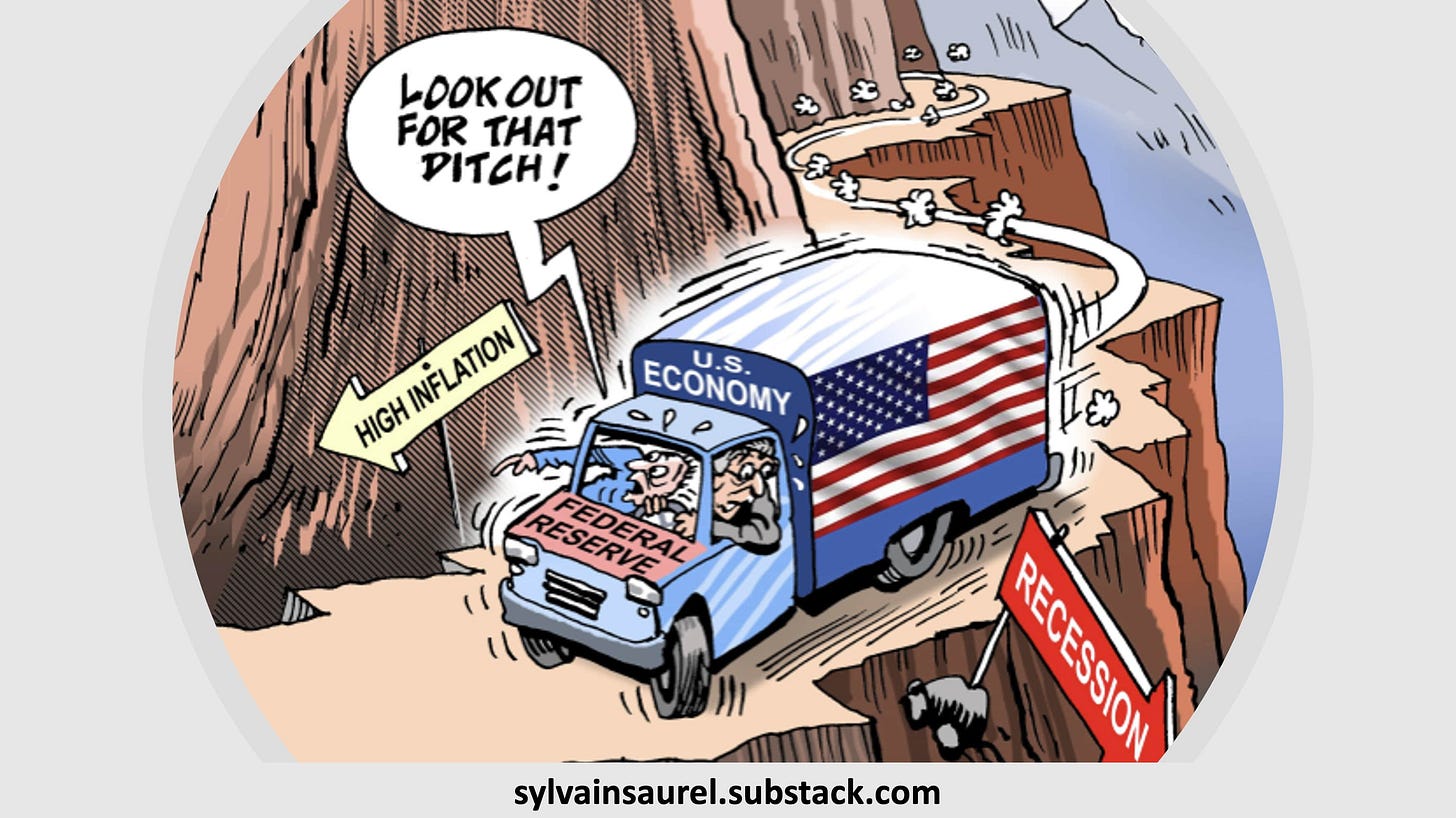Want to Understand the Cornelian Dilemma the Fed Is Facing? This Automotive Metaphor Will Help You.
Central bankers will have to pilot with mastery.
The Cornelian dilemma in which the world's central bankers find themselves may seem difficult to understand for the general public. It is however essential to understand because it will impact you strongly in the months and years to come. From the Fed to the European Central Bank (ECB), all of the world's largest central banks are in a dilemma today.
To …
Keep reading with a 7-day free trial
Subscribe to Sylvain Saurel’s Newsletter to keep reading this post and get 7 days of free access to the full post archives.


